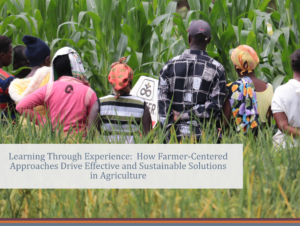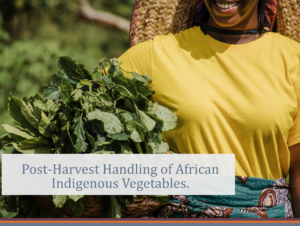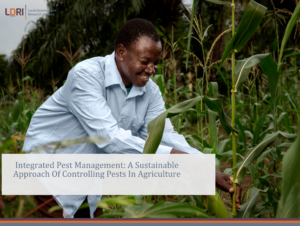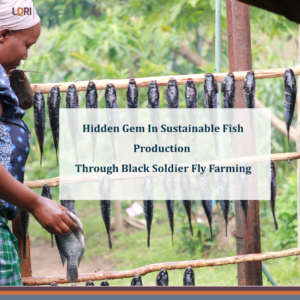![]()
Women VBAs a Force for Economic Empowerment


Women, in agriculture, account for about 42% and 65% of the labour force. Traditional gender roles in rural societies had more more women working in agricultural production activities while men worked in the profitable agricultural marketing activities. Male Chauvinistic behaviour and societal norms continue to undermine the efforts of women in agriculture. Traditional norms and laws that prohibit the inheritance of arable land, the ask for collateral to access capital, and the asymmetrical decision-making in the household, have hindered the progress of women to empower themselves to become more than just family farm labourers and caregivers.
In the rural set up , men have often been the disseminators of extension information. As the head of the house-hold, men made key decisions without consulting their wives. Women, despite being the primary providers of agricultural labour, received information on the type of inputs to buy or the varieties to plant, second hand. This led to omission of important knowledge or distortion due to miscommunication , ultimately leading to low yields.
The Village Based Advisors (VBA) Project, implemented in Kiambu and Embu counties, has greatly enhanced women’s involvement in agriculture. The project has on average, 60% of its smallholder farmers as women. These women ,referred to as VBAs, have received training on ; Good Agricultural Practices (GAP), selection of appropriate maize varieties, crop protection, and post-harvest handling. They then disseminate the same knowledge to other farmers in the village by establishing mother demos on their farms. These demos become a way of introducing farmers to high-yielding varieties, through self-experience.
The women VBAs have played an extraordinary role in the implementation of the project. Their social ties in the form of women groups has enabled them to train many farmers with ease. In addition, their subordinate role as producers of labour, enhanced their credibility as agents of change. The majority of the adopters became customers. They ordered their seeds from the VBAs, opening up revenue opportunities by creating demand for readily available farm inputs. The VBAs also underwent agro-dealer training by Agricultural Market Development Trust (AGMARK) https://agmark.org/ and some were able to start their agro-dealer shops. Selling fertilizers and other farm inputs such as vegetables , tree seedlings and chicken brooding services increased their profit margins.
Accessing capital necessitated a need for financial literacy. We linked the VBAs with financial institutions that provided training on financial management and record-keeping. The financial institutions also provided them with affordable loan packages that they could take as individuals or in groups. These initiatives by the VBA Project, in collaboration with its partners, have greatly empowered women economically and improved their lives. They have also increased women’s involvement in agriculture from producers to marketers. Women are no longer farming for subsistence purposes but undertaking other income-generating activities to better provide for their families.
The Smart Women Self-help Group from Mang’u Ward in Gatundu North sub-county, Kiambu County is a true testament to this. The group is made of women VBAs and a few men who later joined in Mang’u Ward in Gatundu North sub-county, Kiambu County. These women were indeed a sight to behold due to their hard work as individuals and as a group. They were able to transform their villages through the training of farmers and the provision of certified maize seeds. They also engaged in income-generating activities such as selling of vegetable feeds, livestock feeds, mature chicken, brooded checks and yogurt.
The VBA project has truly motivated women to fully embrace their roles as agents of change in society. This has greatly paved way for the transformation of smallholder farmers from subsistence farming to commercial farming.




